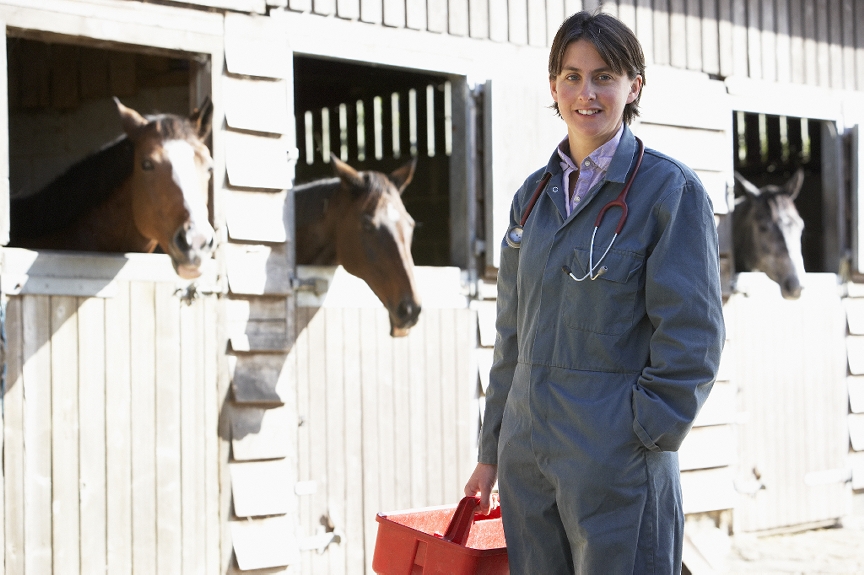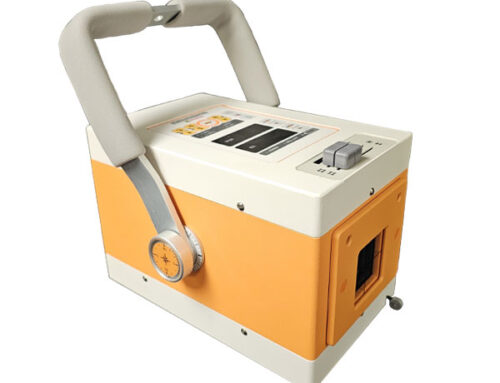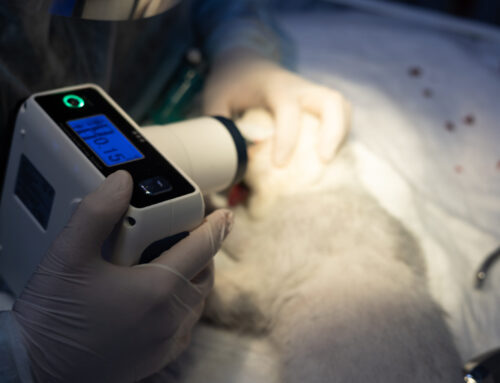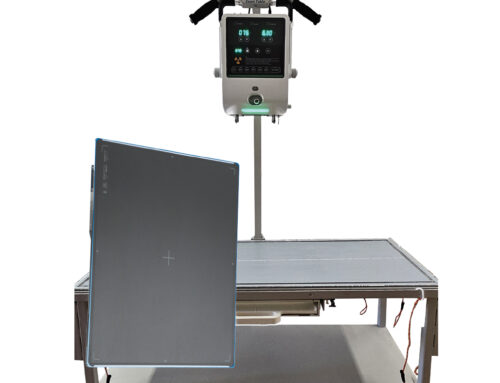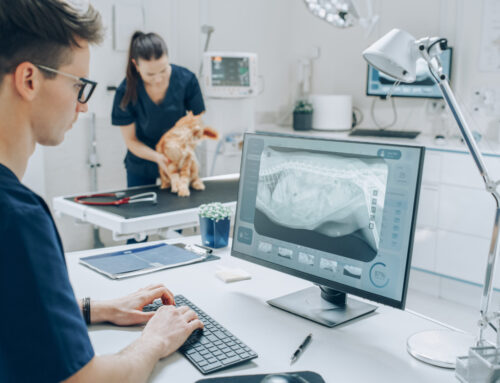The Lone Ranger has Tonto. Batman has Robin. And ambulatory equine vets want and need a great technician to assist in better patient care and that extra set of hands that gets the job done in a timely, efficient and cost-effective way.
Economics 101…
Think about it—dentists and doctors employ assistants—and they are incredibly valuable to the practice. Most equine vets take the solo route; seeing patients, buying equipment, setting appointments, handling the billing, etc.
Part of the reason is the inconsistency in state practices about the role of an equine vet tech; the laws are just not locked down in the equine world the way they are in the companion animal world. Small animal/companion practices have learned that they are most efficient (translate to profitable) when the doctor performs the task that are legally required and that they are qualified to do. The rest is delegated to competent team members. Truth be told, horse doctors prefer to do everything themselves.
Yes, yes…there’s an extra salary to pay. And the training. And someone who may invade the practitioner’s “personal” space. But the equine vet must compare his mobile practice vehicle to a brick and mortar practice. The vehicle is your pharmacy and testing room, the parking area is your waiting room, and the barn or stall is your examination room. The equine practitioner would be hard-pressed to manage all of those spaces without staff. Think of the ambulatory equine environment as you would a small-animal hospital.
It’s time to imagine what life could be like with some help in the vehicle, barn, paddock and pasture. Check out the benefits of a ride-along partner:
On the road again…
Ambulatory practitioners spend a lot of time in their vehicles, driving from one house call to the next. Think of everything you could accomplish if you weren’t behind the wheel—phone calls, research, record updates. Imagine having time during the day to discuss a sick patient’s lab results or answer questions or calm a stressed owner. Enjoy the driving? How about letting the tech handle the phone calls and paperwork? After all, whose time is more valuable?
Prep & Profit…
Face time with clients and patients is a valuable commodity. A talented technician can give the equine practitioner the opportunity to begin ASAP; he or she can prepare vaccines, set up equipment and organize meds. The veterinarian can now take the time to greet the client/patient; get some history and begin the exam with minimal or no delay. Quicker visits = more visits = greater profits.
Next Month: Show Off Skills, Limit Liability, Delegate Details

